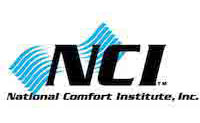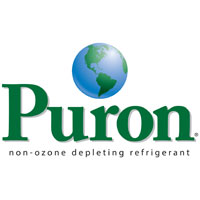Air conditioners are known to use ductwork which is responsible for channeling cool or warm air from your HVAC (Heating Ventilation and Air Conditioning) system. So it is basically a question of common sense if the maintenance man mentions that your ductwork is faulty and as a result will not provide the comfort you installed it for. Just like leaks in the plumbing can reduce the water running out of your taps to a trickle, the same applies for heating and cooling systems that have leaks in the ductwork. Duct sealing is meant to seal off the leaks and ensure that all the heat or cool air that is produced is emitted at 100%.
Duct Sealing Benefits
There are several benefits that come with sealing the ducts of your air conditioning system:
1. Save Energy. Duct sealing can greatly reduce your energy bill by at least 30%. Leaky ducts waste a lot of energy and reduce the efficiency of your heating and cooling system. The end result is that you will end up powering your system for longer than usual because you are not really feeling warmer or cooler. However, having leaks sealed increases the efficiency of your system and money is saved since you will not have to keep it running for hours in order to feel the slighte.st difference.
2. Safeguard Your Family’s Health. Broken ducts are often a suitable breeding ground for vermin like rats and mice because they are warm and comfortable. Dead rats, feces and dust are contaminants you will be breathing in every time your system is switched on. Plus, there are dangerous diseases transmitted by rats like Lassa fever, hemorrhagic fever, the plague (the bubonic plague killed thousands of people in mainland Europe centuries ago) and a host of other fevers that are lethal.
3. Cleaner air
4. Greater comfort since your system will be working efficiently again.
Take Note: In some US states, like Washington for instance, residents are required to test their ductwork during repairs to HVAC systems before repairs are carried out; so be sure to find out about the energy code in your state beforehand, especially if you are in Washington DC













